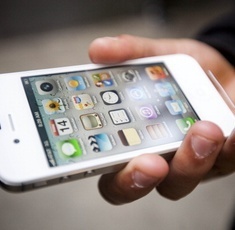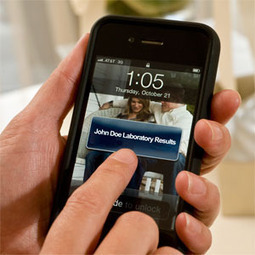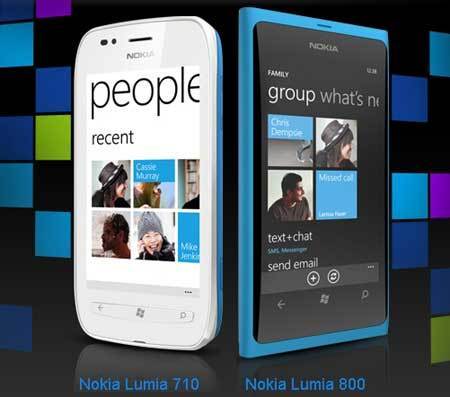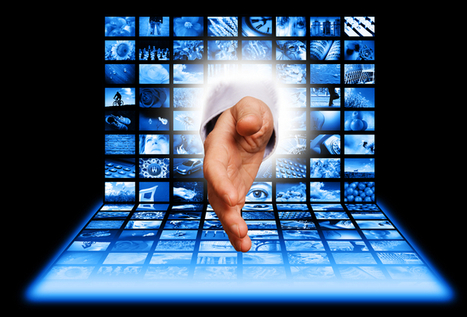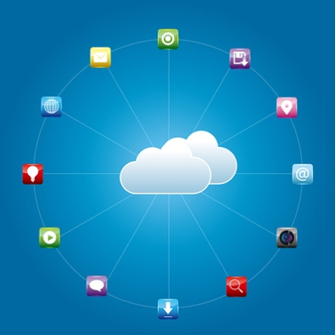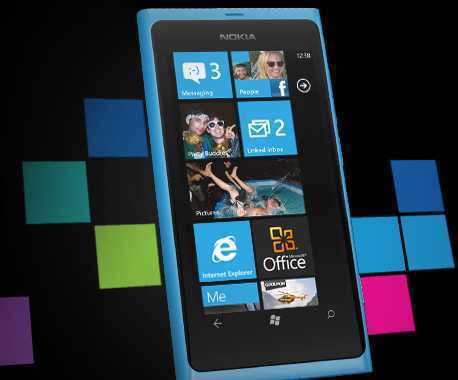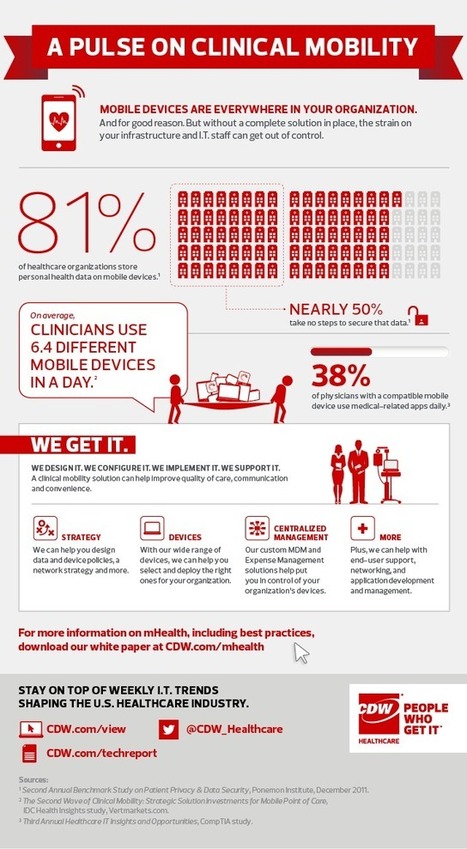Smart devices such as smartphones and tablet PCs have become an integral part of everyday life as well as for professional applications. This is also true for medicine .
To enhance patient safety for medical apps or health apps that are to be used successfully in today’s medical settings, a good information policy should always be part of the marketing strategy. Patients and doctors that are well informed about the benefits, limits, and risks of an app are in a better position to give more reasoning to their decisions whether they want to use it in a medical context or not.
To address the current shortcomings concerning the way information about apps is provided to potential users of apps, Lewis, in a recent letter to JMIR, proposed a set of standard criteria analogous to those published by the Health on the Net foundation to be used for assessing the utility of medical apps based on a systematic self-certification model.
He suggested using a central platform for this purpose, for example, the United Kingdom National Health Service App Store, to allow registered developers of mobile medical apps to highlight the fact that they conform to these criteria. This would probably also give developers and distributors of such apps an advantage over their competitors.
There are already a number of existing initiatives and projects that use almost identical criteria to those suggested by Lewis, for example, the “Apps Peer-Review” by the Journal of Medical Internet Research (JMIR) launched in 2013. The JMIR mHealth disclosure form also covers many of the concerns mentioned in the proposed app synopsis.
Mostly, these projects reach this goal by installing certification and/or (third party) review processes and publishing the corresponding evaluation results using specific channels (eg, their own webpage or scientific journals).
The app synopsis could be seen as a “first level” approach according to criteria already specified by previous projects dealing with quality assurance for Web-based information sources, though its focus is slightly different. At first, it could serve to provide all interested parties with sufficient information that, in addition to providing customers with basic information about an app, can then also be used as a starting point for building tests (eg, to identify the appropriate reviewers and testing methods, independent of the business model or revenue strategy that is employed by each respective initiative).
The current market players come from different backgrounds and thus also have different interests in mind. In Germany, for example, there are some initiatives focusing mainly on a single disease while others target health apps in general. Also, their funding strategies differ significantly, ranging from privately funded initiatives or publicly financed institutions to companies that are being paid on a case-by-case basis.
If manufacturers were to publish the necessary information following this app synopsis, both they as well as the users would clearly benefit. Users would receive a complete and easily comprehensible set of information that would support them in their decision making process while manufacturers would be able to follow the simple structure of the synopsis to compile the necessary information without expending too much effort since they only have to compile information that should already be available to them.
Although this is not equivalent to an officially sanctioned certification process, information published according to the synopsis could nevertheless serve as a reference if there are any disputes between both sides.
more at http://www.jmir.org/2013/12/e277/



 Your new post is loading...
Your new post is loading...

